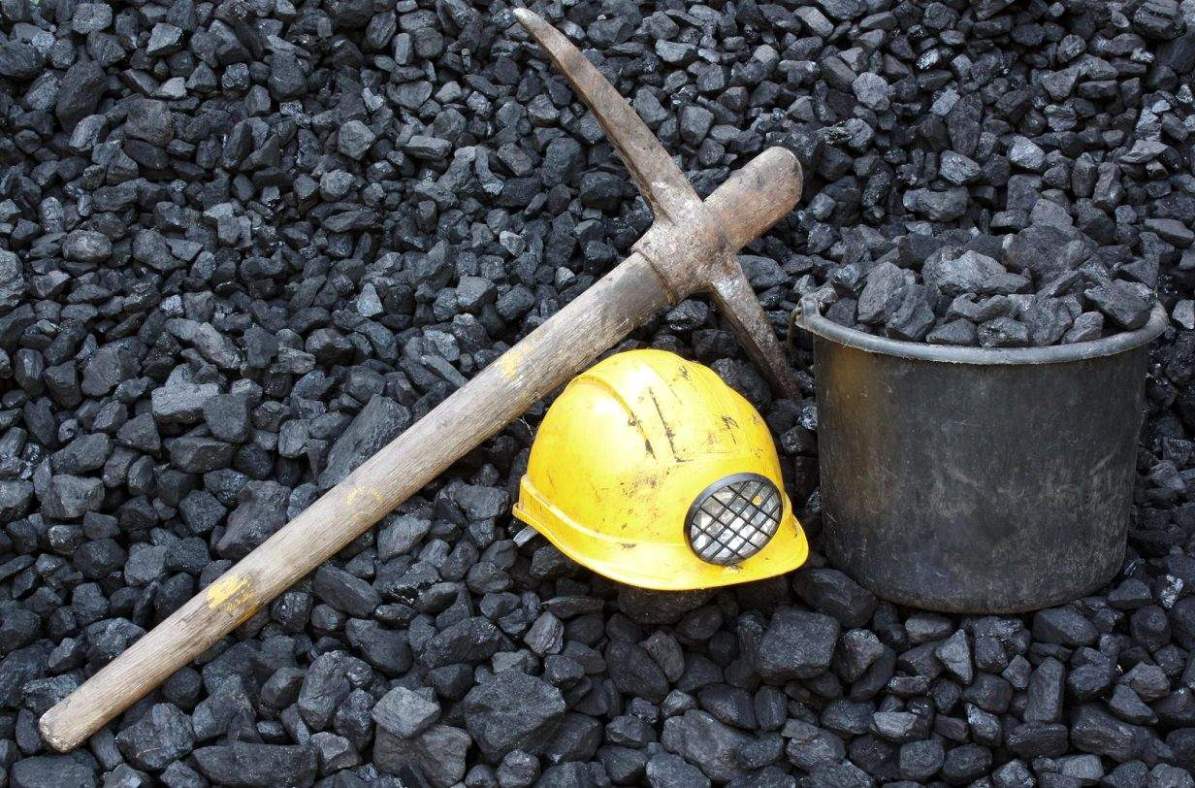The Government has reduced by more than half the backlog of mining title applications that had ballooned to 20 000 early last year as more investors showed interest in Zimbabwe’s mining industry.
The mining sector, one of Zimbabwe’s economic mainstays on which the Second Republic pins hopes of achieving an upper middle-income economy by 2030, is expected to grow to US$12 billion by the end of this year.
The anticipated growth trajectory is hinged on new projects being developed, the expansion of existing operations and the reopening of closed mines.
Prior to the launch of the US$12 billion mining industry milestone in 2019, the mining industry economy was US$2,7 billion in 2018.
Presently, the sector accounts for 73 percent of foreign direct investment, 83 percent of exports, 19 percent of Government revenues, 2 percent of formal employment and 11 percent of individual incomes.
Mines and Mining Development Secretary Mr Pfungwa Kunaka told The Herald Finance and Business that his ministry had adopted an accelerated clearance strategy focusing on clearing the mining title applications backlog by concentrating on one province at a time.
He said the strategy entailed that each province must be adequately resourced in terms of human resources, vehicles, and other resources to facilitate the clearance programme that began in 2021 when the backlog was estimated at 17 000.
“The exercise started in 2021 when the backlog was approximately 17 000.
“Two provinces were covered which are Midlands and Manicaland, because of the accumulation of applications in other provinces the number rose to about 20 000 by the beginning of 2022.
“Another accelerated exercise was done for Mashonaland West and Mashonaland Central provinces which saw a significant reduction in numbers.
“Approximately 10 100 titles were cleared in 2022,” said Mr Kunaka, adding that the Mashonaland Central backlog was not yet complete and is set to resume soon.
Under President Mnangagwa, the Second Republic has adopted the “Zimbabwe is open for business” mantra that has seen local investors and those from across the globe in recent years scrambling for investment opportunities in the country’s diverse economic sectors like mining, agriculture, tourism and manufacturing.
Zimbabwe is endowed with over 40 mineral deposits that include the country’s biggest foreign currency, earner gold, which under the US$12 billion mining economy is expected to contribute US$4 billion.
“Whilst the accelerated exercise is ongoing, provincial mining offices are also trying to clear the backlogs in their offices whenever resources are made available,” he said.
The Zimbabwe Miners Federation (ZMF) president Ms Henrietta Rushwaya whose organisation is the mother body of the small-scale mining industry said: “The issue of pending mining claim applications has been a burning issue especially the small-scale mining sector where we are made to wait and the longer you wait, that area is likely to be affected by gold rush.
“In such circumstances and instances, you now find that there will be a lot of unwarranted pegging on a particular area . . . that as it may,we are not certainly saying that the Ministry is not making efforts in ensuring that the issue is redressed.”
The small-scale mining sector has largely been recognised by the Government as it crucially contributes to economic growth and development.
Small-scale miners who in recent years have traditionally been delivering the bulk of the yellow metal to Fidelity Gold Refiners, last year delivered over 24 tonnes of the 35,3 tonnes Zimbabwe produced.
Meanwhile, the Government in December last year announced that it had suspended processing applications for five strategic minerals namely: diamonds, copper, lithium, nickel and rare earth minerals citing that overwhelming increase in applications for claims.
Authorities also directed that on applications for inspection certificates, the applicants should submit a declaration of the amount of work carried out as well as a declaration of minerals contained in the ore body being mined.
This was on account that some miners have not been declaring the discovery of different minerals from the one that they were registered for, prejudicing the growth of the mining sector.

For comments, Feedback and Opinions do get in touch with our editor on WhatsApp: +44 7949 297606.
